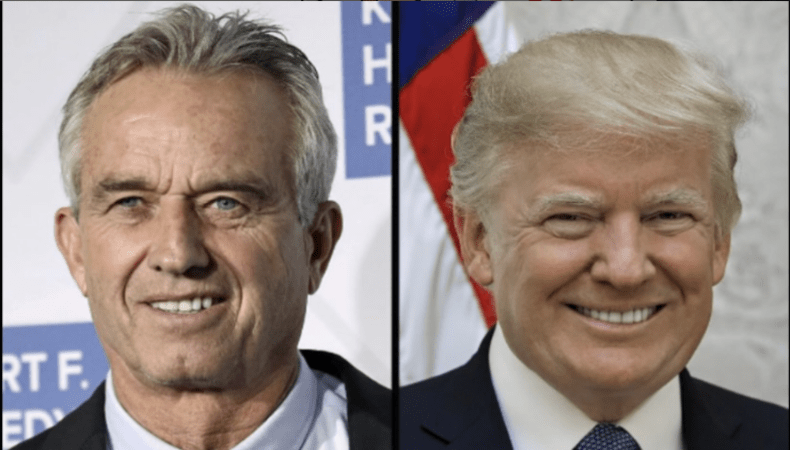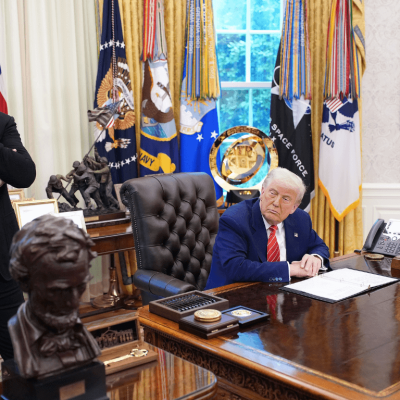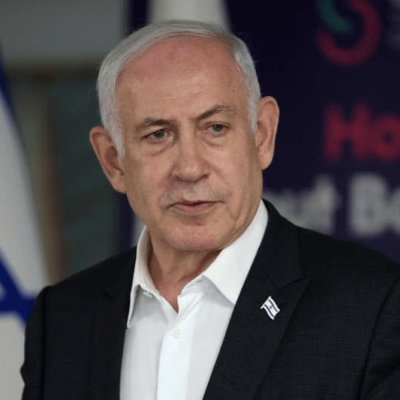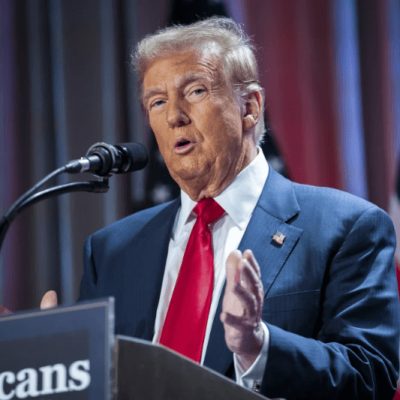Robert F. Kennedy Jr. Ends Presidential Bid, Endorses Donald Trump, Shakes Up 2024 Election

Renowned member of America’s legendary political family Robert F. Kennedy Jr. has declared the suspension of his independent presidential candidacy in a shocking action that has rocked the 2024 presidential contest. Kennedy shockingly said during a press conference in Glendale, Arizona that he would be supporting former President Donald Trump, therefore changing the balance of the approaching election.
Kennedy said, noting the great challenges he had as an independent candidate, “I no longer believe that I have a realistic path of electoral success.” Polling regularly in the low single digits, his candidacy had failed to gather momentum. But his choice to support Trump—instead of any Democratic or third-party candidate—has added a further degree of uncertainty to an already closely contested campaign.
A Campaign Defined by Controversy and Family Conflict
Long a divisive person even within his own family, Kennedy, 70 is a well-known anti-vaccine activist and conspiracy theorist. His campaign was rife with strange events even though it lacked ballot access in more than half of the 50 states. Among these were Kennedy’s assertions of suffering from a parasitic brain worm and a well-publicized account of burying a dead bear cub in Central Park.
Both Democrats and Republicans criticized him extensively over these issues as well as his unusual policy stances. Still, maybe the most moving criticism came from inside his own family. Five of Kennedy’s brothers released a single statement denouncing his choice as a “betrayal of the values most dear,” after endorsing Trump. Later on, they supported Vice President Kamala Harris, who had lately been chosen as the Democratic Party contender for president following President Joe Biden’s resignation.
“Our brother Bobby’s decision to endorse Trump today is a sad ending to a sad story,” the Kennedy siblings said, stressing the strong ideological and familial differences that had dogged his candidacy from the outset.
The Effect on the Trump Campaign and the More General Race
Kennedy’s support of Trump came one day following Harris’s stirring victory speech at the Democratic National Convention in Chicago, therefore formally beginning her presidential campaign. Just over two months until election day, the contest between Harris and Trump was already looking to be among the closest and most divisive in recent memory.
What impact Kennedy’s leaving and endorsement will have on the race divides analysts. Although his base of support was limited, in an election as near as this one, even a few thousand votes in strategic swing states could prove crucial. While some say Kennedy’s backing will help Trump validate his appeal to disgruntled people who had before backed his candidacy, others contend it will drive moderate voters farther into Harris’ camp.
The former president wasted no time in leveraging his endorsement at a Trump rally in Glendale, Arizona. Kennedy was introduced to an applauding audience during a fireworks show by Trump, who hailed his old foe as a “great guy” and promised to cooperate to “get the chemicals out of our food.” Looking slightly uncomfortable, Kennedy reflected Trump’s populist language and said he wanted to work on public health and government openness.
Along with declaring the creation of a “independent presidential commission on assassination attempts,” Trump also made a likely appeal to conspiracy theorists and those strongly mistrusting of government. This committee, he added, would be charged with distributing all surviving records on the murder of Robert F. Kennedy Jr., the uncle of President John F. Kennedy, whose 1963 death is still hotly debated and subject of conspiracies.
A Campaign to Track: Harris Building Momentum as Trump Rally His Base
Both Harris and Trump are closely matched in the polls as the contest approaches its last stretch. Emerging from the Democratic National Convention with great momentum, 59-year-old Harris, a former California senator and the first Black woman running a major party ticket, She closed the money difference with Trump and eliminated his previous poll advantage in just one month, thereby raising a record-breaking half-billion dollars for her campaign.
On the economic front, Harris got a possible lift on Friday when Federal Reserve Chair Jerome Powell indicated that an interest rate decrease would be imminent, a move most likely to lower mortgage costs and enhance the economic outlook—a major concern for many voters.
Trump, meantime, has kept his right-wing supporters energized with dark, apocalyptic predictions about immigration, crime, and the status of the country. Presenting a negative picture of America under Democratic control, he positioned himself as the only candidate able to prevent the nation from spiraling downhill at his Glendale gathering.
Democratic Strategy: Getting in touch with disenchanted Republicans and moderates
Knowing the close race, the Harris campaign has been trying to appeal outside the conventional Democratic base. In an attempt to appeal to moderate voters, party strategists presented a slate of anti-Trump Republicans at the Democratic National Convention including former cabinet officials and other well-known personalities.
Former Georgian lieutenant governor Geoff Duncan said in a speech meant to inspire moderate voters, “if you vote for Kamala Harris in 2024, you’re not a Democrat, you’re a patriot.” Harris herself has started calling Trump a “unserious” person in an attempt to discredit his reputation and dispute his leadership quality.
Scheduled for September 10 in Philadelphia, the first debate between Harris and Trump is preparing both camps for a last push that might decide the result of what promises to be one of the most hotly contested elections in American history. Political watchers and voters both will keenly monitor Kennedy’s exit and support of Trump as the contest gets smaller.




